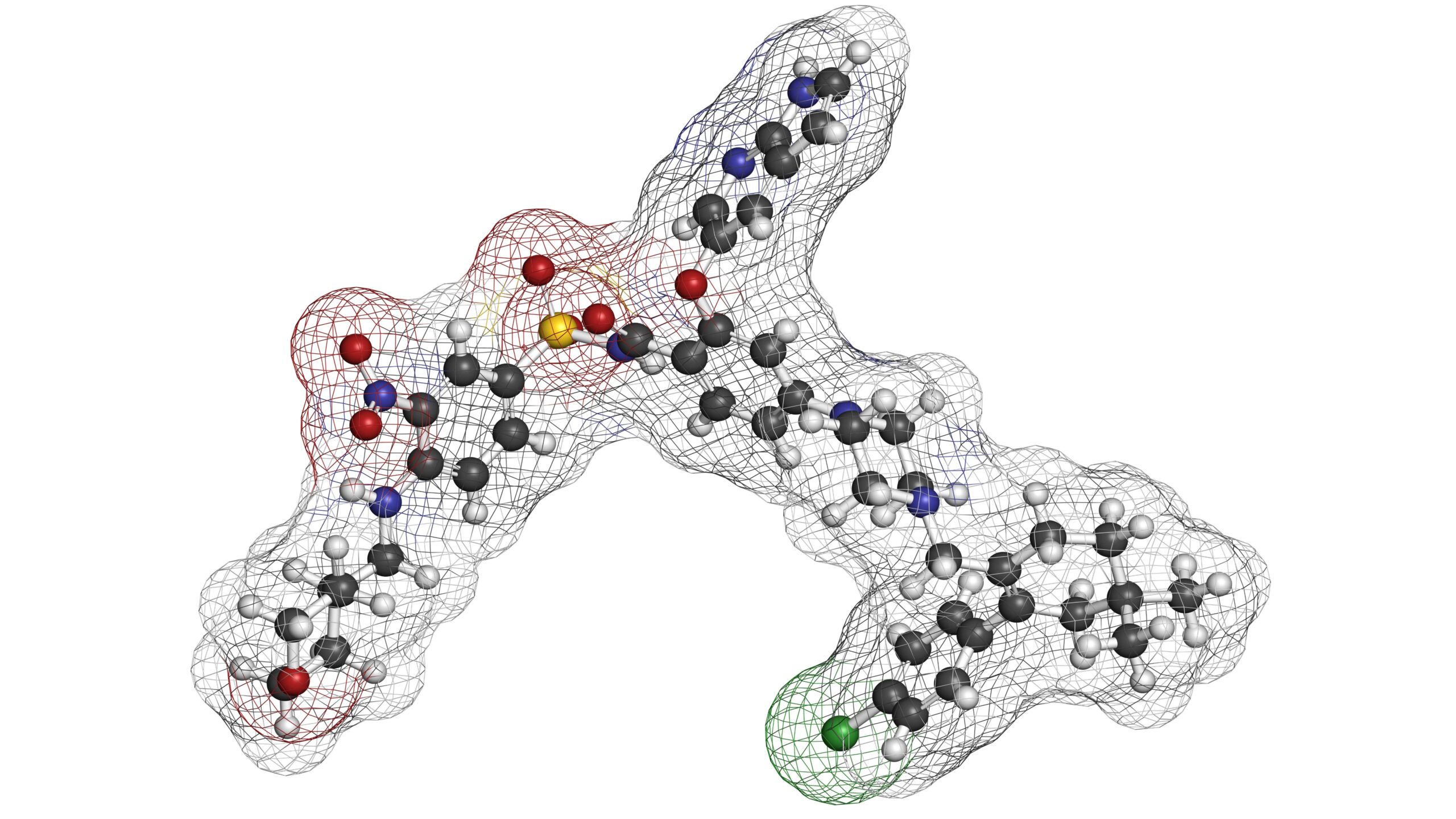
A new study of DDX41-mutated myeloid neoplasms (MNs) found that patients with myelodysplastic syndromes (MDS) along with a DDX41 mutation rapidly progressed to acute myeloid leukemia (AML), although this was confined to those with truncating variants.
The study also found that DDX41 germline variants explained approximately 80% of known germline predisposition to MNs in adults, suggesting MDS with a DDX41 mutation defines a unique subtype of MNs.
The study enrolled 9,082 patients with MNs from 56 collaborating institutes or projects across seven countries. It included 346 patients with pathogenic/likely pathogenic (P/LP) germline variants and/or somatic mutations in DDX41.
The results showed individuals with germline DDX41 mutations were diagnosed at older ages (median age, 69 years) compared with those who had other deleterious germline variants (median age, 51 years; P=.009). Furthermore, while P/LP DDX41 variants confer a large risk of developing MNs overall, the risk is almost negligible up to the age of 40 but rapidly increases to 25% and 49% by the age of 70 and 90, respectively, when many carriers may die of nonleukemic causes.
“DDX41-mutated cases progressed to [secondary AML] faster than DDX41-[wild type; WT],” the investigators, led by Hideki Makishima, MD, PhD, of the Department of Pathology and Tumor Biology at Kyoto University in Japan, wrote. “The effect was confined to P/LP germline truncating variants. In sharp contrast to such faster AML progression, the leukemic evolution in patients carrying P/LP germ line nontruncating variants or with somatic mutation alone was no faster than that in DDX41-WT cases.”
Together with the significantly older age of onset compared with other leukemia predisposition genes, the results further highlight the unique association of DDX41 with late-onset MNs.
“Our findings establish that MDS with DDX41-mutation defines a unique subtype of MNs that is distinct from other MNs,” the authors concluded.
Based on the study’s results, the authors emphasized that elderly patients, particularly those with higher risk diseases, should receive routine screening for DDX41 germline variants. They also called to include DDX41 in molecular profiling panels.
Reference
Makishima H, Saiki R, Nannya Y, et al. Germ line DDX41 mutations define a unique subtype of myeloid neoplasms. Blood. 2023;141(5):534-549. doi:10.1182/blood.2022018221






 © 2025 Mashup Media, LLC, a Formedics Property. All Rights Reserved.
© 2025 Mashup Media, LLC, a Formedics Property. All Rights Reserved.